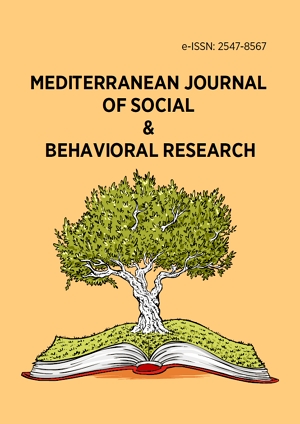Abstract
In this article we focus on intercultural education and ethnic - cultural diversity in the context of international migration and mobility. Hereby this article aims to contribute to theory development and to provide empirical knowledge that will inform and stimulate research, education, societal debate, as well as social interventions in the educational world.The general objective of this article is to understand the differences in expectations, sensitivities, and nuances in multicultural societies, concentrating on the cultural interactions at various levels and the importance of intercultural communication awareness and skills so that intercultural education can be given in a more efficient way. Specifically, this will provide a national and international academic discussion for scientists and professionals about the implementation of Intercultural Education in the schools. Because the main aim is for all of us to ensure equality for all.
License
This is an open access article distributed under the Creative Commons Attribution License which permits unrestricted use, distribution, and reproduction in any medium, provided the original work is properly cited.
Article Type: Research Article
MEDITERR J SOC BEH RES, Volume 5, Issue 2, June 2021, 23-27
https://doi.org/10.30935/mjosbr/10915
Publication date: 16 May 2021
Article Views: 2112
Article Downloads: 1211
Open Access References How to cite this article
 Full Text (PDF)
Full Text (PDF)